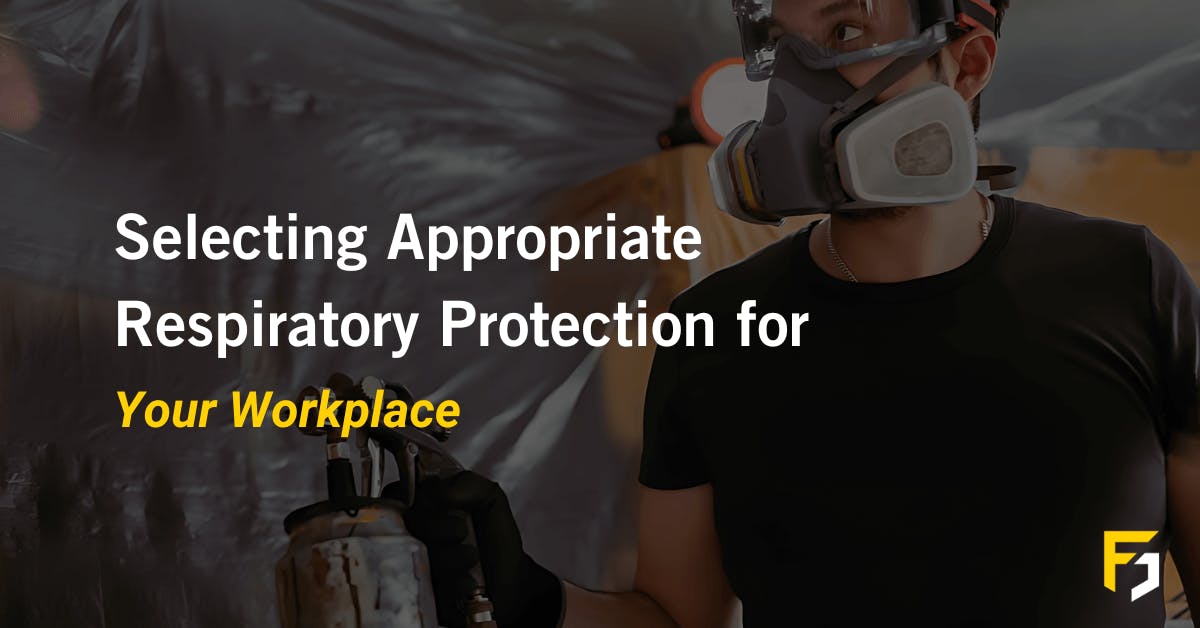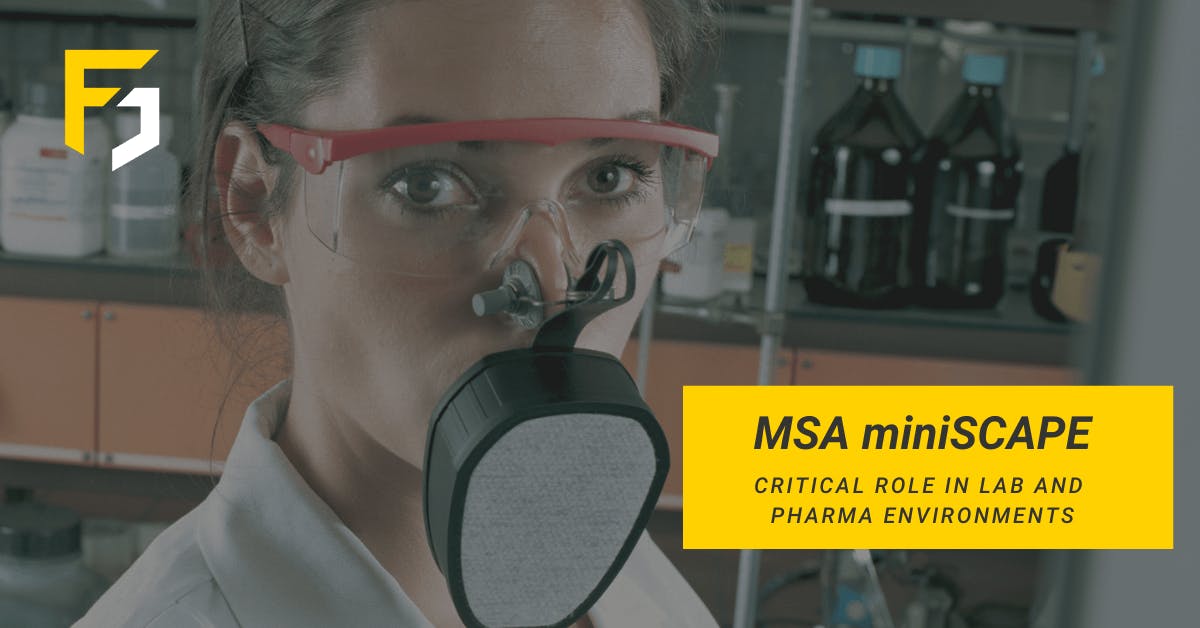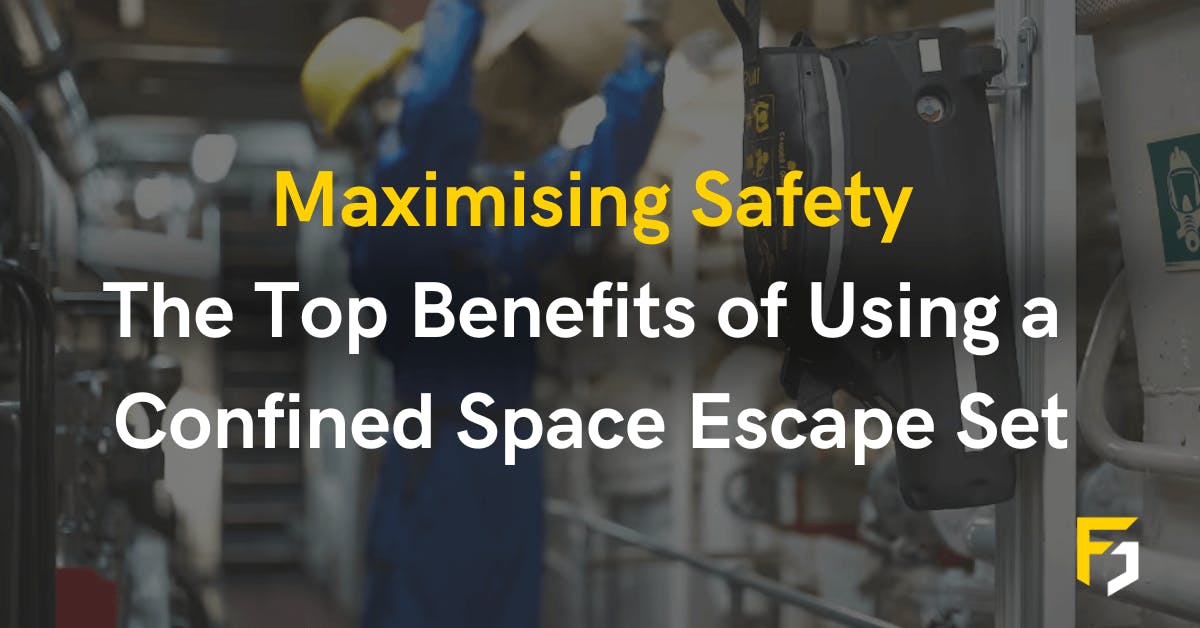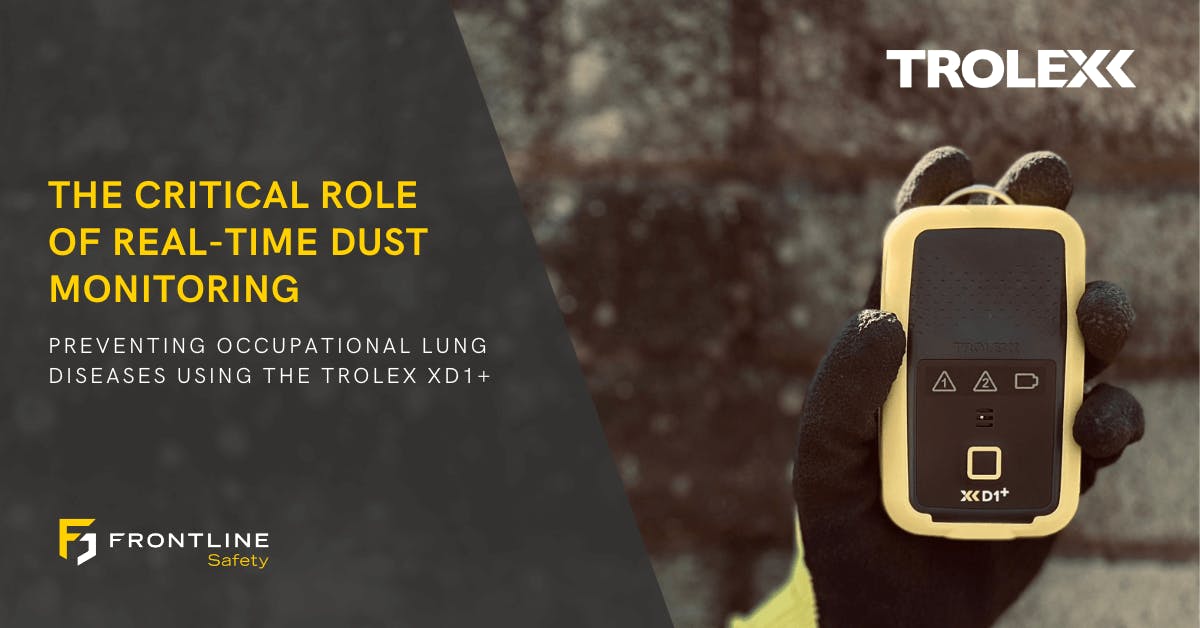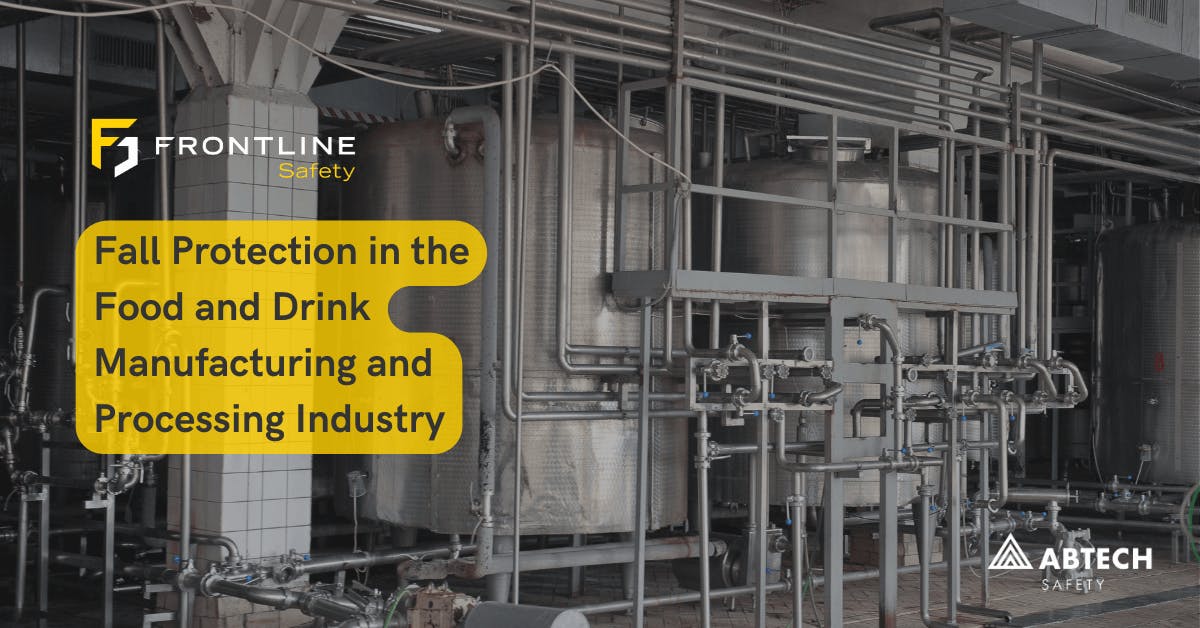
Lack of sufficient safety measures lands marine firm in hot water
A firm carrying out repairs to a fishing boat's fuel tank found itself in trouble due to the lack of safety and monitoring equipment and training provided to its workers.
This firm may be regretting its decision to send two welders into the diesel tank of a fishing boat to perform some work without any sort of confined space training or appropriate equipment.
According to Safety and Health Practitioner, workers from C & L Marine were asked to carry out cleaning and welding in the confined space aboard the Margaret of Ladram while it was moored in Plymouth's Sutton Harbour.
However, the decision to carry out the job without proper preparation exposed the two men to the risk of an explosion.
Located below deck and down a small manhole, the fuel tank was emptied of more than 600 litres of seawater and diesel using buckets as opposed to being steam-cleaned or jet-washed.
Despite the lack of appropriate training, the men were asked to clean the inside of the tank using rags in preparation for the welding work.
Aside from the lack of guidance on safe working techniques, no respiratory equipment was provided to prevent the workers from being overcome by fumes, leading to one of the men suffering breathing difficulties and dizziness on site.
No gas detection equipment was present to measure the levels of oxygen within the tank or to ensure there were no noxious or flammable gases present that could result in an explosion.
Using equipment such as the pumped model of the QRAE II would ensure that both oxygen levels and the detection of flammable gases were checked and that workers would be alerted to any dangers through the audible, vibrating and visible alarms on the instrument.
The QRAE II from RAE Systems can be found on the Frontline Safety website and is a multi-gas detector, able to detect one to four gases including oxygen, combustibles, hydrogen sulfide or carbon monoxide.
Additionally, there was no adequate ventilation, with only two electric fans being used in an attempt to blow the fumes out of the tank. An extraction hose should’ve been added to the fans as opposed to the fumes circulating the tank.
The ill-advised use of a grinder created sparks which led to evacuation of the boat due to the significant amount of fumes present, the news provider revealed.
Work was halted by the Health and Safety Executive (HSE) after it emerged there was no documentation to show the tank was a safe working environment.
C & L Marine admitted to Plymouth Magistrates' Court that it had breached the Confined Spaces Regulations 1997 and was fined a total of £20,000 plus £23,000 in costs.
"All employers involved in confined-space working must consider their activities properly, train and equip staff sufficiently, and reduce and control risks as much as possible," explained HSE inspector David Cory.
"All confined-space work is high risk and, if not properly controlled, can go badly wrong, very quickly."
Frontline Safety also provide training for confined space entry, which can be tailored to meet your requirements. Please contact us using the contact details on our website should you require further information.
Posted by Shona Innes


